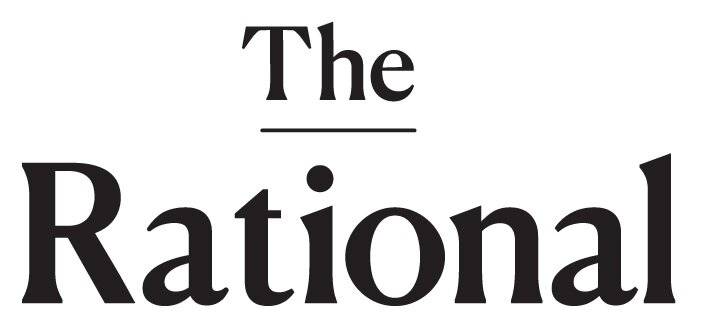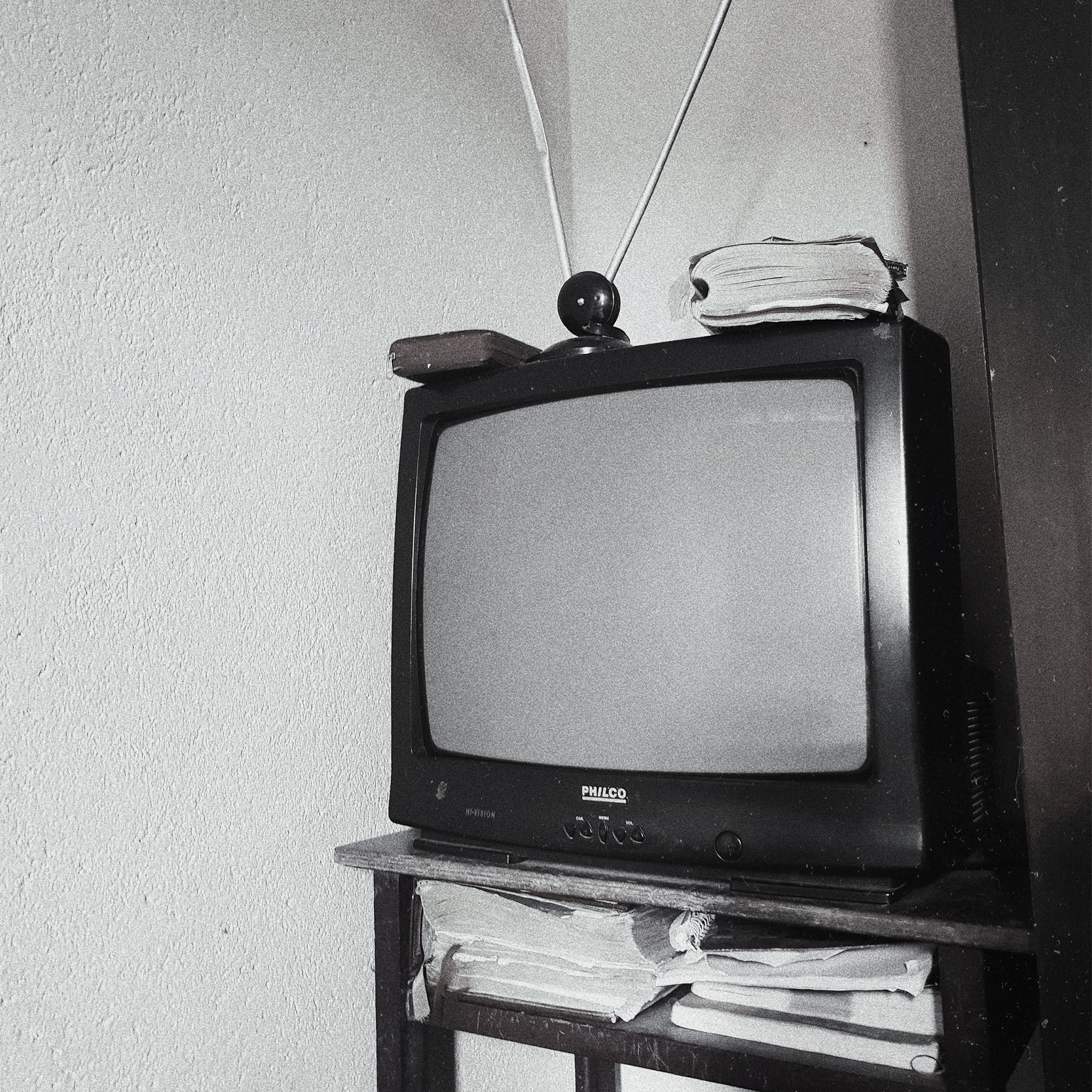Is Indonesia’s Billionaire Problem a Warning for America’s Free Press?
Here we go again.
Credit:
Andre Moura @andregrafias
In the highly-partisan climate of today’s politics, it’s getting easier to spot which media outlets support what political cause. In the US, news coverage has become increasingly saturated by the political leanings of those who run them, but it is hardly the only country battling to maintain its media independence.
Indonesia has a history of media bias that is almost as old as Indonesia itself, proclaiming independence from Dutch colonial rule only 72 years ago, and this partiality runs deeper than just slanted content or support for a candidate. Corporate owners themselves are the politicians running for office. These Indonesian media moguls-slash-politicians use their influence whenever they can to boost their political ambitions, including to promote their campaigns and air political advertisements come election season.
Collusion between political agendas and media ownership already exists in the US and other Western democracies, though the practice has not yet become as glaring as it is in Indonesia. However, if the current “press baron” phenomenon – billionaires buying up newsrooms that can’t afford to run on their own – is not tempered, it could transform into something more troubling.
There are 12 major media groups that control the vast majority of news outlets in Indonesia, each owned by businessmen-politicians, or at least business magnates affiliated with a specific party. Media Nusantara Citra (MNC), for example, is the largest Indonesian media group and owned by billionaire Hary Tanoesoedibjo. Dubbed ‘The Donald Trump of Indonesia’ in a Forbes profile, the media baron has moved between leadership roles in different political parties since 2011 and has notoriously used his network to broadcast campaign ads, most memorably during his vice-presidential bid in 2014. A year after he lost the election, Tanoesoedibjo founded and chaired the United Indonesia Party, which many believe was created to support his run in the 2019 general election.
“Indonesia has a history of media bias that is almost as old as Indonesia itself”
Other nationwide networks with political connections to its ownership are TVOne, owned by Aburizal Bakrie (Golkar Party chair); MetroTV, owned by Surya Paloh (NasDem Party chair); and Jawa Pos Group, owned by Dahlan Iskan (won the Democratic Party nomination in 2014 but was not endorsed in the end).
Nukman Luthfie, one of the leading social media experts in the country, says the majority of groups in Indonesia still get their news and information from television. This falls in line with data from the Communications and Information Ministry, which suggests television is still the most popular medium, especially in rural areas across the country. Indonesia has a large population centralized in the big cities, where infrastructure is advanced and information resources are plentiful. Any information coming through television broadcast into the rural areas is usually the main staple because viewers don’t have other news options.
The fact that most Indonesians get their information from TV makes the politicisation of its TV media more troubling. Representation that is biased, particularly when it comes to politics, creates a distorted reality for viewers that could lead to dangerous misinformation. We’re already seeing the effects of representation bias in Indonesia and the US, though perhaps not as severely as the former. But the seeds are there.
According to a 2012 report by the Center for Innovation Policy and Governance (CIPG), titled, ‘Mapping the landscape of the media industry in contemporary Indonesia,’ the interference of Indonesian media owners in their respective network’s political coverage also created a lot of tension for those in the industry.
Dinita Andriani Putri, executive director of CIPG, says journalists who were interviewed for the report struggled between maintaining their journalistic integrity and keeping their jobs. “Many [journalists] don’t agree with this practice because there are guidelines in place for any reporting related to the imaging of the [network] owner,” Putri said. “Even if they’re reporting on an issue that isn’t related to politics, if it’s an election year and the news isn’t flattering to the owner, they aren’t allowed to report on it.”
There are many factors that contribute to Indonesia’s politicized media, but one of the biggest ones is undoubtedly the lack of media policy and enforcement in the country. Indonesia has a fast-booming economy but, like many developing countries, it struggles to maintain stability in its democratic government. This has contributed to the concentration in media ownership permissible by its governing bodies, particularly among the country’s TV networks, due to lack of broadcast regulations and reinforcement. This shift in how information is being absorbed and disseminated by the public could have a huge impact on future elections in Indonesia.
There are no federal regulations that currently exist to prevent businessmen-politicians from politicizing the networks that they own, nor are there any to regulate political ads. Unregulated media conditions are exacerbated by the social media boon, too, which could amplify the media politicking in the upcoming election.
“[TV as biggest news source] applies to all age brackets, except millennials,” Luthfie says. Social media, instead, is the top source for those between 20 to 35 years old. This shift in how information is being absorbed and disseminated by the public could have a huge impact on future elections in Indonesia, given the internet is still an unregulated – and therefore, free from monopoly – platform for all voices.
The government has approached CIPG on multiple occasions to collaborate on revising the broadcasting laws, Putri says, but momentum for the issue comes and goes. “Many of the grassroots advocates have done their part and gone through the proper channels to get these revisions going, but if there’s no movement from the government it’s difficult to move forward,” she says.











